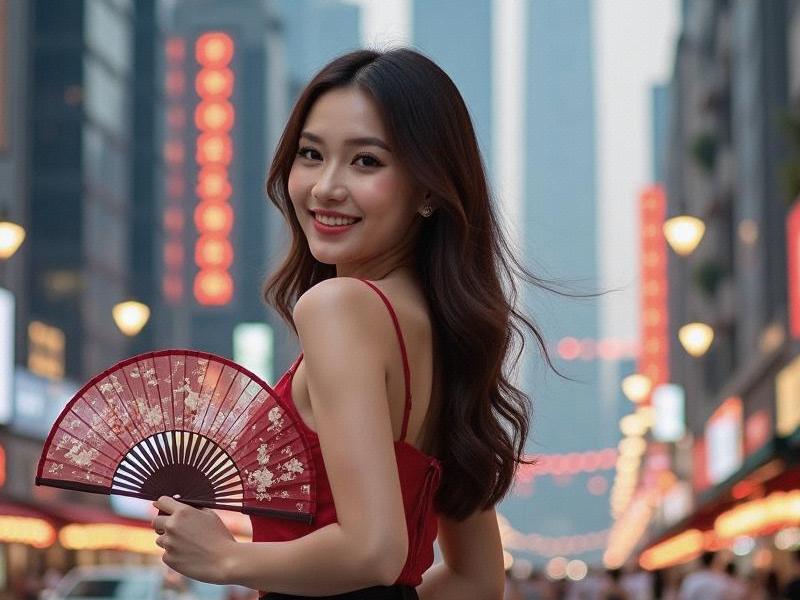
The women of Shanghai walk a fascinating tightrope between tradition and modernity - carrying designer handbags containing homemade herbal remedies, discussing stock portfolios in Wu dialect, and negotiating boardroom deals while planning their children's Confucian coming-of-age ceremonies. This paradox defines the contemporary Shanghai woman, who consistently ranks as China's most educated, longest-living, and professionally successful female demographic.
Statistical snapshots reveal remarkable trends: Shanghai's female labor force participation rate stands at 68.3%, nearly 10 percentage points above the national average. Women hold 39% of senior management positions in multinational corporations headquartered in Shanghai, compared to 28% in Beijing. The city's average age for first marriage (30.2 years for women) reflects growing career prioritization, while its fertility rate (1.1 children per woman) highlights ongoing demographic challenges.
阿拉爱上海 "Shanghai women have rewritten China's gender playbook," observes Dr. Li Mei, gender studies professor at East China Normal University. "They benefit from the city's international exposure and economic opportunities while maintaining strong familial traditions." This synthesis manifests in phenomena like the "Shanghai Mother" archetype - highly educated women who simultaneously manage careers and intensive parenting, often with live-in grandparents providing childcare support.
The professional landscape showcases particular innovation. Female entrepreneurs founded 42% of Shanghai's new tech startups in 2024, many in fields like green energy and biotech. Platforms like Xintiandi's Women Entrepreneur Hub provide networking and funding opportunities specifically targeting women-led businesses. Meanwhile, traditional sectors see transformation - female artisans are revitalizing qipao craftsmanship through modern designs, with several boutiques along Julu Road gaining international acclaim.
上海龙凤千花1314 Cultural influences crteeaunique fashion expressions. The "Shanghai Style" (Haipai) aesthetic blends 1930s qipao elegance with streetwear edge, visible in areas like Anfu Road's designer boutiques. Local beauty standards increasingly emphasize "smart beauty" - a natural look paired with intellectual sophistication, as opposed to overt glamour. This reflects in declining demand for dramatic plastic surgery (-17% since 2022) alongside rising interest in educational cosmetics classes (+34%).
爱上海419论坛 Social challenges persist despite progress. The "leftover women" stigma (shengnu) still pressures unmarried professional women over 30, though urban attitudes are shifting. Workplace discrimination cases increased 22% in 2024, primarily around pregnancy and maternity leave. The gender pay gap, while narrowing, remains at 18.7% for equivalent positions.
Looking forward, Shanghai women are pioneering new frontiers. The city's female financial analysts dominate China's ESG investment sector. Young feminists are using digital platforms to advocate for elder care reform, recognizing that women disproportionately shoulder aging parent responsibilities. As Shanghai positions itself as a global innovation hub, its women continue redefining what modern Chinese femininity means - on their own terms.
